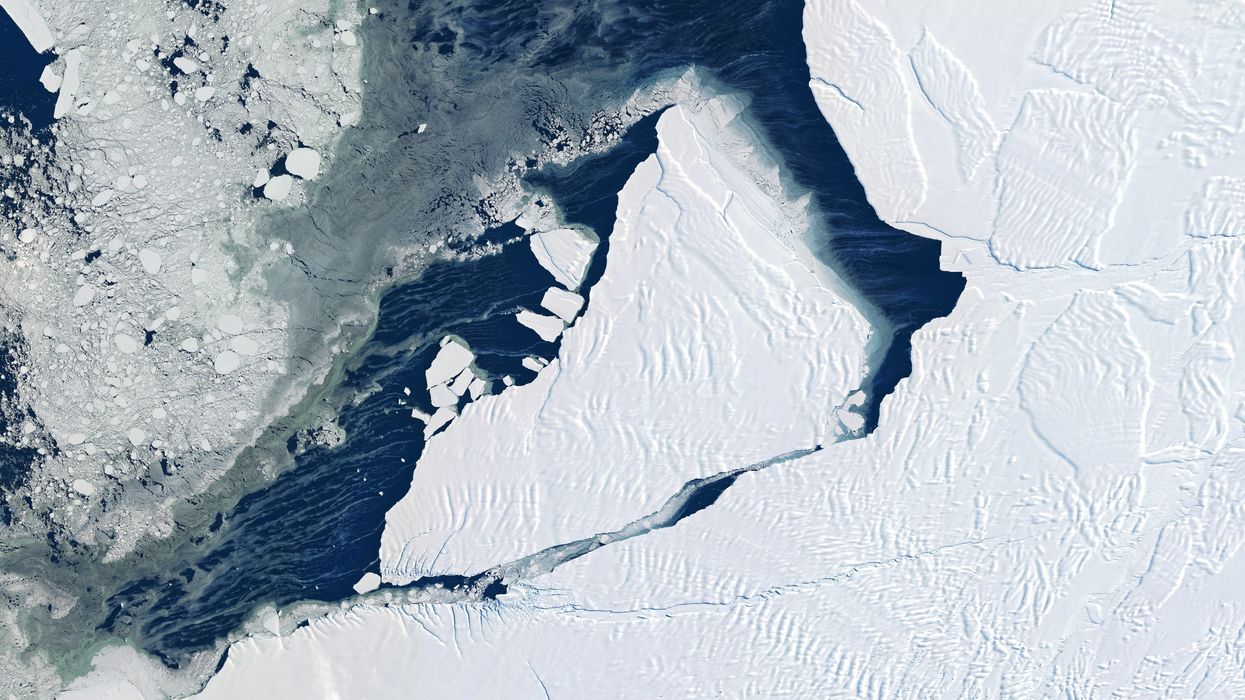This fact brief was originally published by Skeptical Science. Read the original here. Fact briefs are published by newsrooms in the Gigafact network, and republished by The Fulcrum. Visit Gigafact to learn more.
Is Antarctica gaining land ice?
No.
While Antarctic sea ice varies seasonally, the continent's land ice has continued to melt at an increasing pace.
Sea ice forms during the Antarctic winter and retreats during the warmer months. Such freeze-thaw cycles have no impact on sea levels since they happen within the ocean. However, Antarctic land ice has seen a net decrease, resulting in a significant increase in fresh water flowing into the sea. That does affect global sea levels.
The behavior of Antarctic land ice varies from region to region. In particular, the West Antarctic Peninsula has seen drastic ice retreat. On the other hand, East Antarctica's land ice has remained relatively stable to date. But if global warming crosses a specific threshold, serious loss is expected to occur. The planet has already moved a third of the way towards that threshold and will pass it within a century, if fossil fuel burning continues unabated.
This fact brief is responsive to conversations such as this one.
Sources
Nature Mass balance of the Antarctic Ice Sheet from 1992 to 2017
My NASA Data Sea and Land Ice Melt
NASA Ice Sheets





















Trump & Hegseth gave Mark Kelly a huge 2028 gift